Can failing be positive?
This mindset is about focussing on your actions instead of on yourself. By doing so, succeeding or failing become a result of what you did. Not of who you are.
It’s about judging whether you did well by focussing on effort instead of on ability. You focus on whether you tried. Whether you showed up. Being able to do it or having chosen the right solution is less relevant.
It’s about a switch from believing in the self to believing in behavior. From talent to practice. From “I am the way I am” to “I can grow and improve myself”.
















